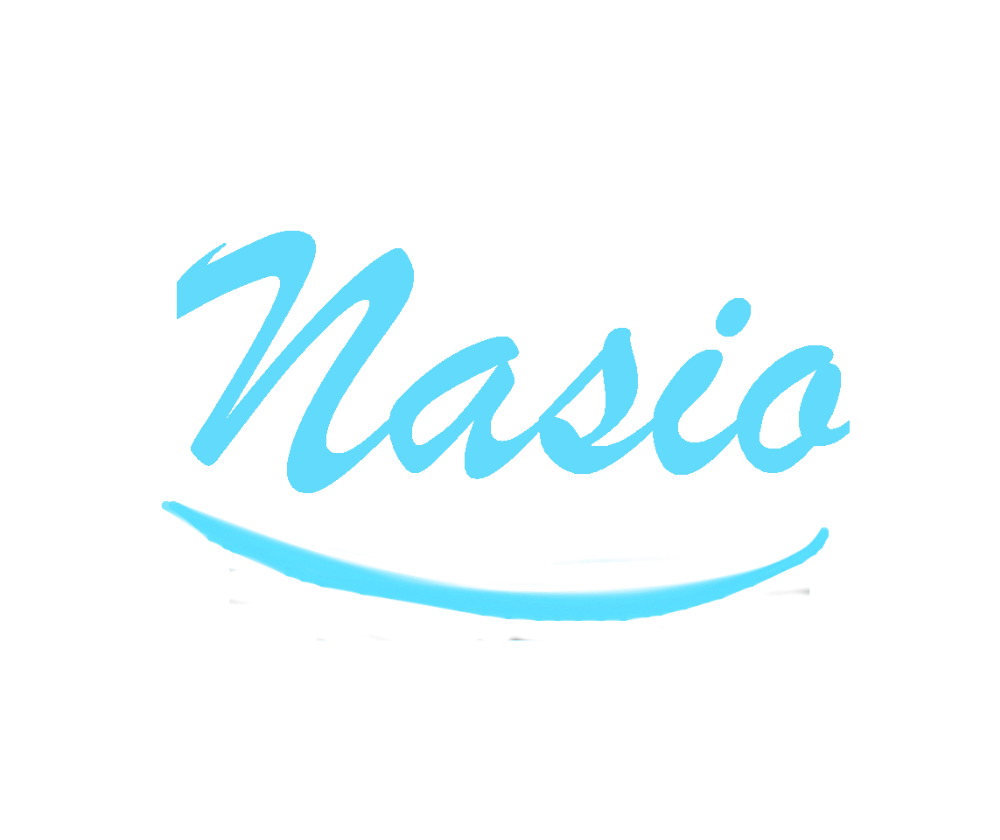Sharing Less
Did you know that sharing less can help you out in dozens of ways? Because there is something to be said for mystery.
For a fan dancer’s artfully concealing fans, if you will. For a dark corner where the camera does not go, and where we do not allow others to see. Perhaps not even our lovers, our mothers, our children and, most assuredly, not our government.
Origins
This post is a riff on Learning Not to Share, an article by Rich Barlow in my alumni magazine, Bostonia.
Wait a second, oops! I just told you where I went to college. Better cover that up, and sweep it out of the way.
Oh no, wait! I just told you it was undergrad. Good thing I didn’t tell you one of my professors studied under Wittgenstein.
D’oh! I probably just gave away that I majored in Philosophy! Wait, I’ll come in again.
We Keep on Sharing
It is like this, over and over and over again online. We share. And we share again. And then we overshare. While the above few tidbits probably don’t tell you too much about me, there is plenty of additional information out there. There are plenty of minefields. So I might accidentally drop something whereby someone could steal a password, stalk me, take my identity, burgle my house while I’m away, etc.
Digital Nosiness
Stephen Baker, the author of The Numerati, talks about what essentially amounts to digital nosiness – too much information out there, and we’re all inviting it in. And we do so in the name of greater security, or peace of mind. We want to make sure our teenagers are driving safely so we agree to put a black box in the car.
And we want to know that our elderly parents are all right (but we are not committed enough to move them home with us, or move to their homes or cities, even briefly), so we install sensors in their beds to make sure they get out of them every day. So then, as privacy erodes, we accept more and more of these intrusions until they are no longer seen as intrusive. And a privacy (and shame!) tradition that harkens back to biblical times is canned in favor of The Age of TMI.
Stop Volunteering Information
Is it possible to shut the barn door, when the horse has hightailed it for the next county? Sadly, probably not. But this oversharing is nothing new. I well recall, when I was practicing law (uh oh, another identifier!), prepping witnesses for depositions. E. g. if the opposing counsel asks, “Were you driving?”, the answer is yes, no or I don’t remember. It is not, yes, and the car is blue. If the lawyer wants to know the color of the car, she’ll ask. Don’t volunteer anything.
Yet, inevitably, people would do just that – they would volunteer all sorts of stuff. The vast majority of it was completely harmless. However, every now and then, it opened up different things, and drew others into question. Or it got the whole thing onto some wacky tangent and it then became hard to throw a lasso over the proceedings and get them back to the matter at hand.
And a deposition, once, which was going to take maybe 45 minutes took the better part of a week as a witness and opposing counsel kept feeding one another more digressions – even after I repeatedly told the witness to just stick with answering the actual questions and nothing more.
This tactic, by the way, did not, ultimately, harm my client or help the opponent. All it did was make the matter stretch out that much longer. And, I am sure, it nicely increased my opponent’s bill. I was on salary – a deposition could take three years and I would not make any extra money. Dang, there I go again, oversharing!
Wiping Away Shame
Some sharing, particularly in the face of things that have been taboo for too long, seems to be, to me, to be a very good thing. Take, for example, the physical demands and changes that go along with weight loss. In the interests of full disclosure, this is a subject rather near and dear to my heart.
So I put it out there – the fact that stretch marks don’t really go away and what post-weight loss plastic surgery is really like and how sometimes, no matter how much you want to convince yourself otherwise, the oatmeal just does not taste one bit like fried chicken.
I think that this kind of oversharing can have a true benefit. Give hope, or at least some amusement and information. And trample away shame until it’s gone.
But there is plenty more out there where that came from, and it is often all too much, and it can be damaging. Give away too much and you are the naked fan dancer, all out of fans.
How to Strike a Balance by Sharing Less
So my suggestion is: tread lightly, and as wisely as you can, and ask yourself: will this information do more harm than good? Will it hurt me or my family? So even if the answer to both questions is no, my advice is: consider it and weigh it anyway. And decide, one way or the other.
Do this based upon reasoned understanding and not on expediency, or going along to get along, or trying to be cooler than everyone else in school. Above all, do not sleepwalk and step backward into these kinds of giveaways. If you are going to toss aside that last fan, at least look your audience in the eye when you do so.

